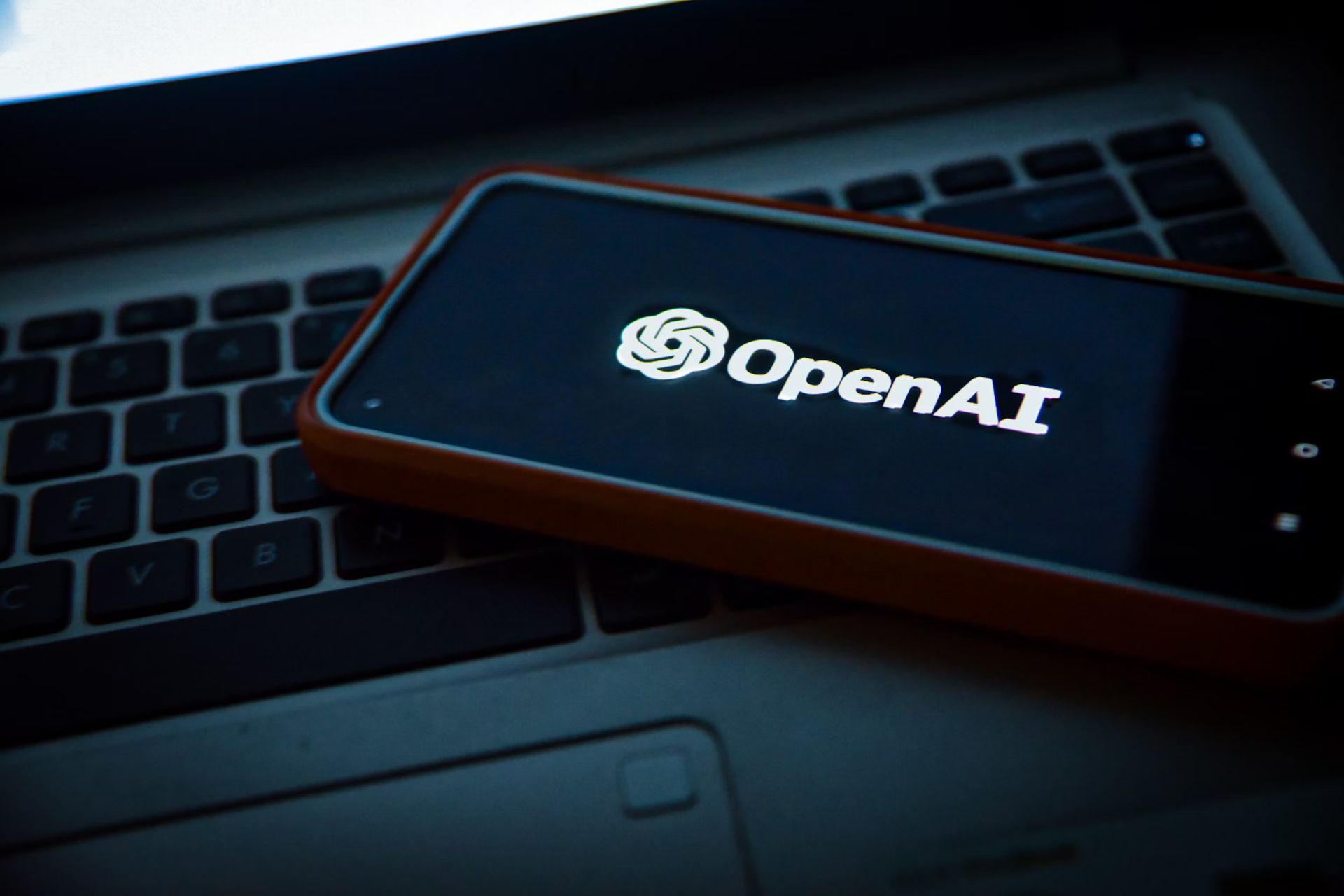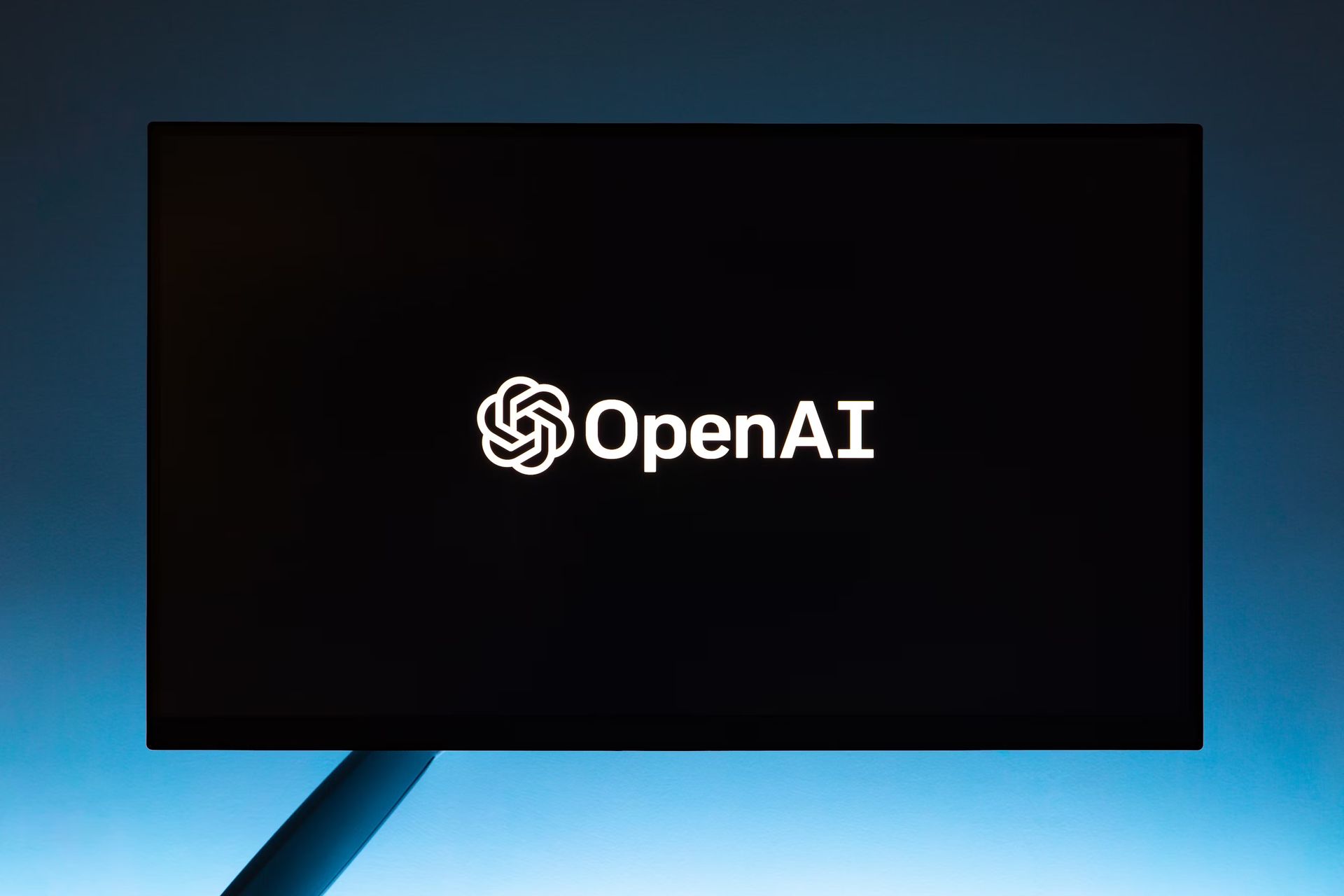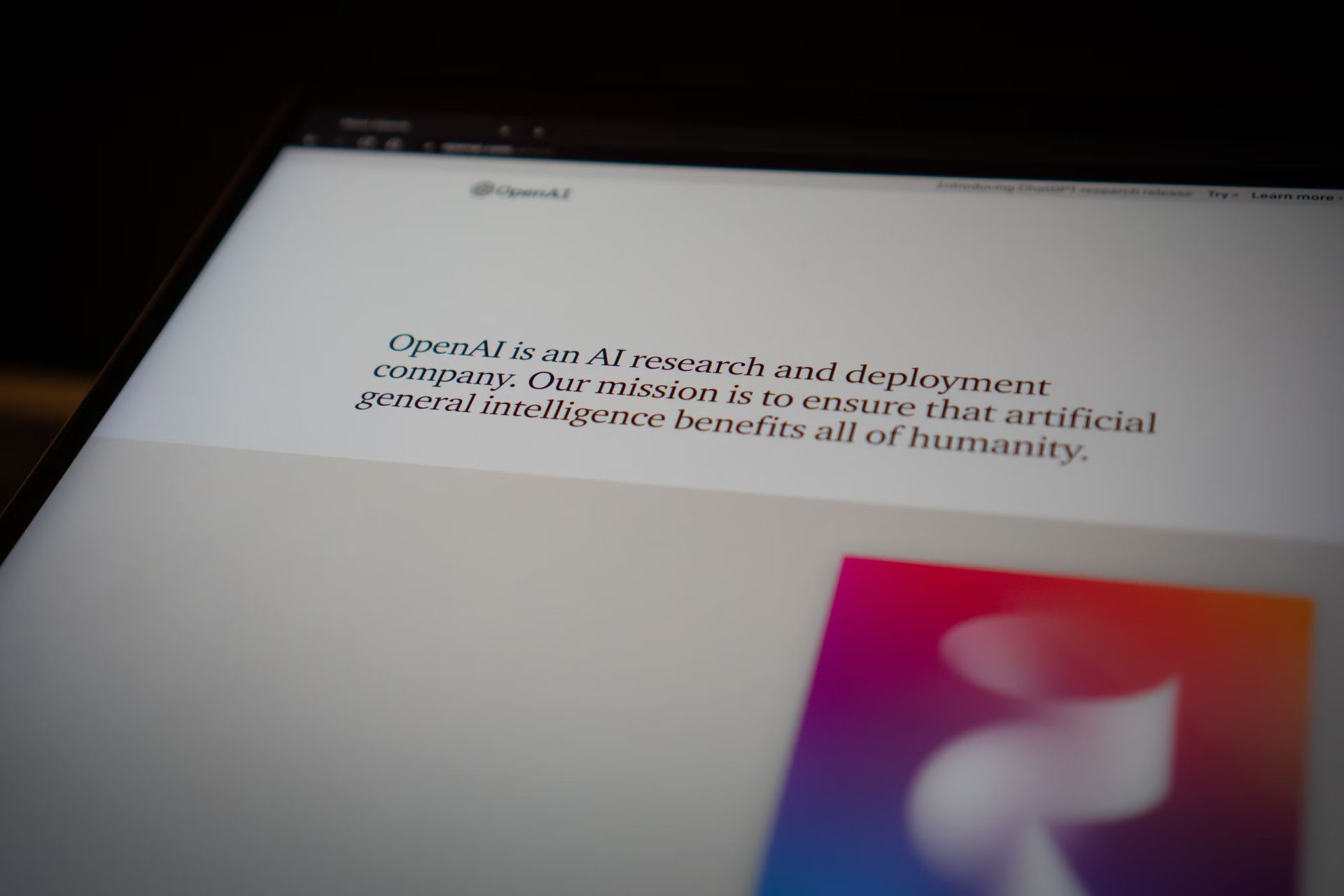ChatGPT enhances paid user experience with “Browse” for source discovery

While ChatGPT initiated the wave of excitement around AI chatbots, it lacked some frequently requested functionalities, notably the inclusion of explicit, clickable footnotes. OpenAI recently declared it’s moving forward with enhancements to rectify this shortfall.
How does “Browse” work on ChatGPT?Through a post on X, OpenAI disclosed its plans to enhance the visibility of hyperlinks during ChatGPT’s web searches, offering users additional context for the generated replies. Now, search outcomes will feature the website’s name from which the information was derived, accompanied by a hyperlink to the original source.
“We’re making links more prominent when ChatGPT browses the internet. This gives more context to its responses and makes it easier for users to discover content from publishers and creators. Browse is available in ChatGPT Plus, Team and Enterprise.”
-OpenAI
We're making links more prominent when ChatGPT browses the internet. This gives more context to its responses and makes it easier for users to discover content from publishers and creators. Browse is available in ChatGPT Plus, Team and Enterprise. pic.twitter.com/1ChlZvVMUy
— OpenAI (@OpenAI) March 29, 2024
Illustrated in a demonstration, a query to ChatGPT about the “Five best date night restaurants in Dallas” results in a list where each suggestion is tagged with the originating website’s name, like Tripadvisor, Maze of Love, OpenTable, among others, enabling users to directly visit the respective articles by clicking on these links.
Access to the Browse feature is exclusive to subscribers of the ChatGPT Plus, Team, and Enterprise plans, making this enhancement only available to paid users.
 Access to the Browse feature is exclusive to subscribers of the ChatGPT Plus, Team, and Enterprise (Image credit)
Mixed feelings
Access to the Browse feature is exclusive to subscribers of the ChatGPT Plus, Team, and Enterprise (Image credit)
Mixed feelings
OpenAI, in its announcement, emphasized that more conspicuous links not only assist users in validating the sources but also simplify the process for users to explore content from publishers and creators. This update seems to address the criticism faced by OpenAI for using web content to train its model without explicit consent from the creators.
We do not consent to you guys strip-mining everything we've ever written on the internet to train your unaligned, for-profit AI systems that are explicitly intended to replace human creators.
Where do we opt out from having our text scraped?
Serious question.
— Geoffrey Miller (@primalpoly) March 29, 2024
Consequently, OpenAI’s update has sparked a debate. Some users express a preference for an option to withdraw from the data collection OpenAI employs for model training over receiving acknowledgment, while others view OpenAI’s strategy as a feasible approach to mitigate controversy.
On one side, there’s a clear demand for greater control over personal and copyrighted content being fed into AI models—a call for a balance between innovation and individual rights. On the other, there’s acknowledgment of the practical benefits such features offer in bridging the gap between AI entities and content creators, possibly leading to a more symbiotic relationship.
 Consequently, OpenAI’s update has sparked a debate (Image credit)
Consequently, OpenAI’s update has sparked a debate (Image credit)
Looking ahead, this development could be a harbinger of more refined policies and features from AI companies, particularly those navigating the delicate terrain of content use and intellectual property.
Such a trajectory not only appeases current dissent but also sets a precedent for future AI innovations, ensuring they are built on ethical grounds that respect both user preferences and creator rights. This approach could significantly dilute existing controversies, paving the way for a more harmonious coexistence between AI technologies and the creative content that fuels them.
Featured image credit: Levart_Photographer/Unsplash
